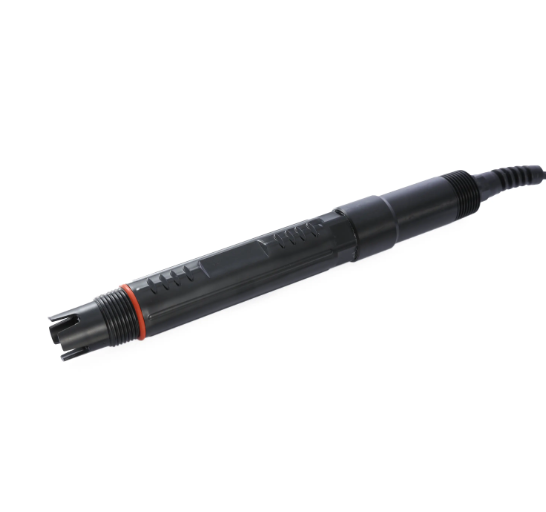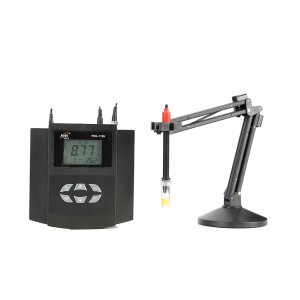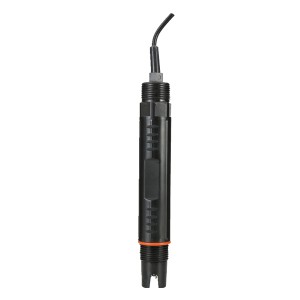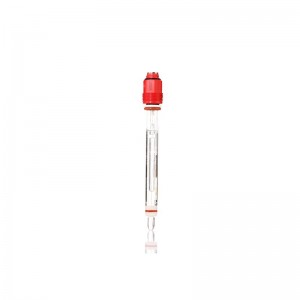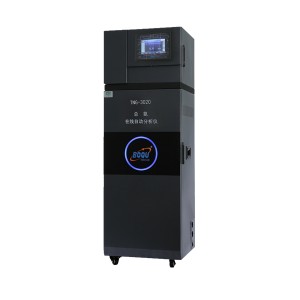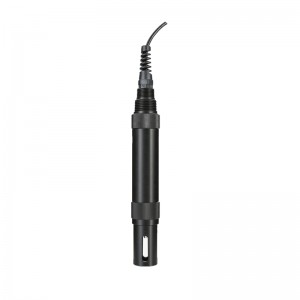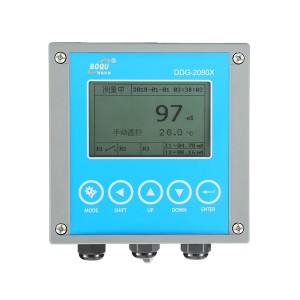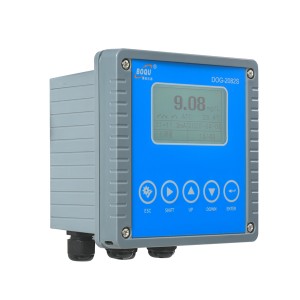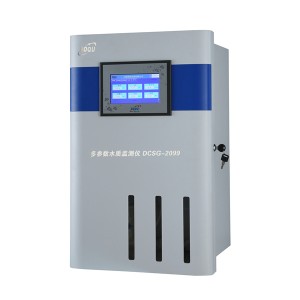Maintaining optimal water quality is crucial for the enjoyment and safety of pool users. One of the essential factors in pool maintenance is monitoring and controlling the pH level of the water.
pH probes play a vital role in this process, providing accurate and reliable measurements of the water’s acidity or alkalinity.
In this blog, we will explore how pH probes contribute to maintaining the water quality of pools, ensuring a clean and comfortable swimming environment.
Understanding pH Levels In Pools:
A. The significance of pH levels in pool water
The pH level indicates the acidity or alkalinity of the water. It is measured on a scale of 0 to 14, where 7 is neutral. Maintaining the correct pH level is crucial for several reasons.
B. Ideal pH range for pools and its impact on swimmers
The ideal pH range for pool water is between 7.2 and 7.8. When the pH level deviates from this range, it can have various effects on swimmers, including skin and eye irritation, reduced effectiveness of sanitizers, and corrosion of pool equipment.
C. Challenges in maintaining optimal pH levels manually
Monitoring and adjusting pH levels manually can be a time-consuming and challenging task. Factors such as rainwater, bather load, and chemical treatments can cause pH fluctuations, making it difficult to maintain a stable pH level.
D. Introduction to pH probes as a solution
pH probes offer a reliable and efficient solution to monitor and control pH levels accurately. These probes are electronic devices designed to measure the hydrogen ion concentration in the water, providing real-time data for precise pH adjustments.
How Do pH Probes Work?
pH probes are essential for monitoring and controlling pH levels in swimming pools. They help maintain optimal pool water chemistry by providing real-time data about the pH level, allowing users to adjust it accordingly.
A. Overview of pH probes and their components
pH probes consist of a glass electrode and a reference electrode immersed in the pool water. The glass electrode measures the voltage difference between the sample and a reference electrode, which is converted into a pH value.
For example, BOQU’s BH-485-PH8012 pH probe, whose protocol is Modbus RTU RS485, has super anti-interference ability, and the output range can reach 500m. In addition, its electrode parameters can be set remotely and the electrodes can be calibrated remotely. Whether it is installed in sinking, pipeline or circulation type, it can provide accurate and reliable real-time detection results.
B. The science behind pH measurement
The pH measurement is based on the principle of ion exchange between the sample and the glass electrode. The glass electrode selectively responds to hydrogen ions, generating a voltage that corresponds to the pH level.
C. Calibration process and its importance
To ensure accurate measurements, pH probes need regular calibration. Calibration involves adjusting the probe’s response using known buffer solutions with specific pH values. Calibration ensures the probe’s accuracy and compensates for any drift over time.
D. Benefits of using pH probes over traditional testing methods
Compared to traditional testing methods such as test strips or liquid reagents, pH probes offer several advantages. They provide instantaneous digital readings, eliminating the need for color interpretation or chemical reactions. pH probes also offer higher accuracy and repeatability, reducing the margin for error in pH measurements.
The Role Of pH Probes In Water Quality Maintenance:
pH probes are a critical component of water quality maintenance. They provide accurate, fast, and reliable pH measurements, which are essential for maintaining optimal conditions. When combined with other water quality monitoring equipment such as conductivity meters and TDS meters, pH probes help ensure that your pool or spa stays clean and safe.
A. Monitoring pH levels in real-time
pH probes continuously monitor the pH levels of pool water, providing real-time data on the water’s acidity or alkalinity. This information allows pool owners and maintenance professionals to identify and respond promptly to any pH fluctuations.
B. Detecting and preventing pH fluctuations
pH probes can detect even minor pH fluctuations, enabling proactive measures to prevent more significant imbalances. By detecting and addressing pH changes promptly, pool owners can avoid potential water quality issues and ensure optimal conditions for swimmers.
C. Early identification of potential water quality issues
pH probes play a crucial role in water quality management by providing early warnings of potential issues. pH imbalances can indicate problems such as insufficient sanitization, high bather load, or equipment malfunctions. By monitoring pH levels, pool owners can address these issues before they escalate.
D. Facilitating timely adjustments and chemical treatments
Accurate pH measurements provided by pH probes enable precise adjustments of pH levels. This facilitates the efficient addition of pH-adjusting chemicals, such as pH increasers or pH reducers, ensuring the pool water remains within the recommended range. By using pH probes, pool owners can save time and money by avoiding excessive chemical usage.
Advantages Of pH Probes For Pool Owners:
A. Accuracy and reliability of pH measurements
pH probes offer highly accurate and reliable measurements compared to traditional testing methods. Their electronic nature eliminates subjective interpretations, providing precise pH values for effective water management.
B. Time and cost-saving benefits
With pH probes, pool owners can reduce the time spent on manual pH testing and adjustments. The instantaneous digital readings eliminate the need for waiting for color development or performing multiple tests. Moreover, by maintaining the pH level within the ideal range, pool owners can reduce chemical usage and save on chemical costs.
C. Enhanced convenience and ease of use
pH probes are user-friendly and require minimal training to operate. They offer a simple and straightforward method for monitoring pH levels, allowing pool owners to take control of their water quality without relying on external testing services.
D. Long-term cost-effectiveness
Investing in pH probes for pool maintenance can provide long-term cost savings. By maintaining the pH level within the optimal range, pool owners can extend the lifespan of pool equipment, prevent corrosion, and reduce the need for repairs or replacements.
Final words:
Maintaining proper pH levels in pool water is essential for optimal water quality. pH probes offer an efficient and accurate solution for pool owners and maintenance professionals to monitor and control pH levels effectively.
By investing in pH probes, pool owners can ensure a clean, safe, and comfortable swimming environment for all users. Don’t overlook the importance of pH probes in pool maintenance – they can make a significant difference in water quality and your overall pool experience.
Post time: Jun-16-2023

